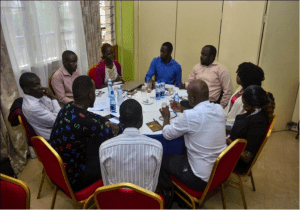By MISA Tanzania Correspondent |
A prevailing culture of secrecy among public officials in Tanzania at both central and local government levels is hindering the work of journalists, according to findings by a recent study. This is affecting access to information necessary for media reporting towards increased civic participation, transparency and accountability in governance.
The study which was conducted by the Media Institute of Southern Africa (MISA) Tanzania Chapter in partnership with the Collaboration on International ICT Policy for East and Southern Africa (CIPESA) assessed the responsiveness of local government authorities (LGAs) and central government offices in Tanzania to citizens’ information requests.
Continue Reading →


